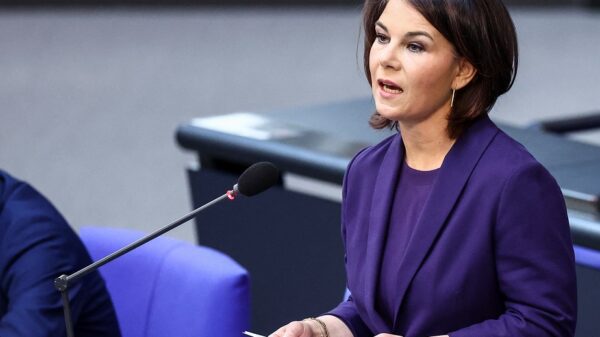On Tuesday, Qatar held a historic referendum on constitutional amendments that may end its short-lived venture into legislative elections. This was Qatar’s first referendum in over two decades and coincided with the U.S. presidential election. The vote is expected to strengthen Emir Sheikh Tamim bin Hamad Al-Thani’s control over the Shura Council.
In 2021, Qatar held its first elections for 30 of the 45 Shura Council seats, an advisory body with limited authority. However, restrictions on eligible voters, particularly a rule favoring Qataris with pre-1930 ancestral citizenship, excluded many, including the prominent Al-Murrah tribe, sparking public dissent. In response, the Emir proposed constitutional changes to eliminate these elections, restoring the Shura Council as an entirely appointed body under his authority. The amendments would also enable naturalized Qataris to hold ministerial roles, previously restricted to native-born citizens.
Members of the Qatari ruling family expressed optimism about the referendum’s success, with Saud bin Khalid Al-Thani highlighting Qatar’s unity and allegiance to its leadership.
Analysts observe that these changes reflect a shift from the democratic reforms introduced in 2005, moving back toward centralized power under the Emir, who maintains veto authority over legislative matters. Some experts view the decision to end elections as part of a broader regional preference for stability over democratic expansion, a trend reinforced since the 2011 Arab Spring. Analyst Baraa Shiban from the Royal United Services Institute noted that stability currently prevails over democracy, though debate on the issue remains.
The referendum also includes new provisions allowing naturalized citizens to serve in high-level government roles, which marks a shift in Qatar’s political structure.
Voters turned out across Qatar, with men in traditional white thobes arriving early at polling stations. Women, who have equal voting rights, voted in separate stations but in smaller numbers.
The referendum results are anticipated soon, with observers considering whether this will conclude Qatar’s brief legislative election experiment or lead to further reforms.










